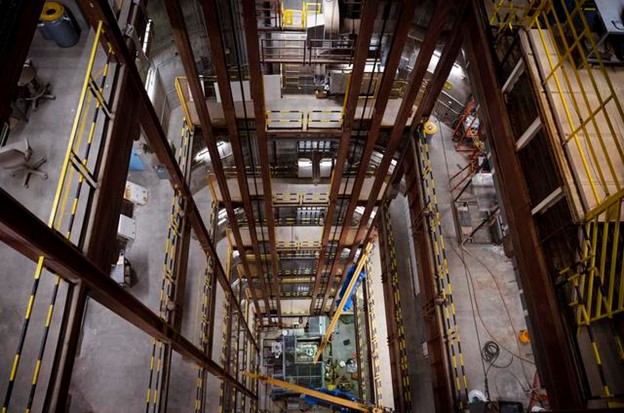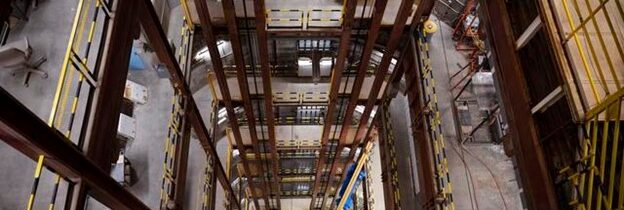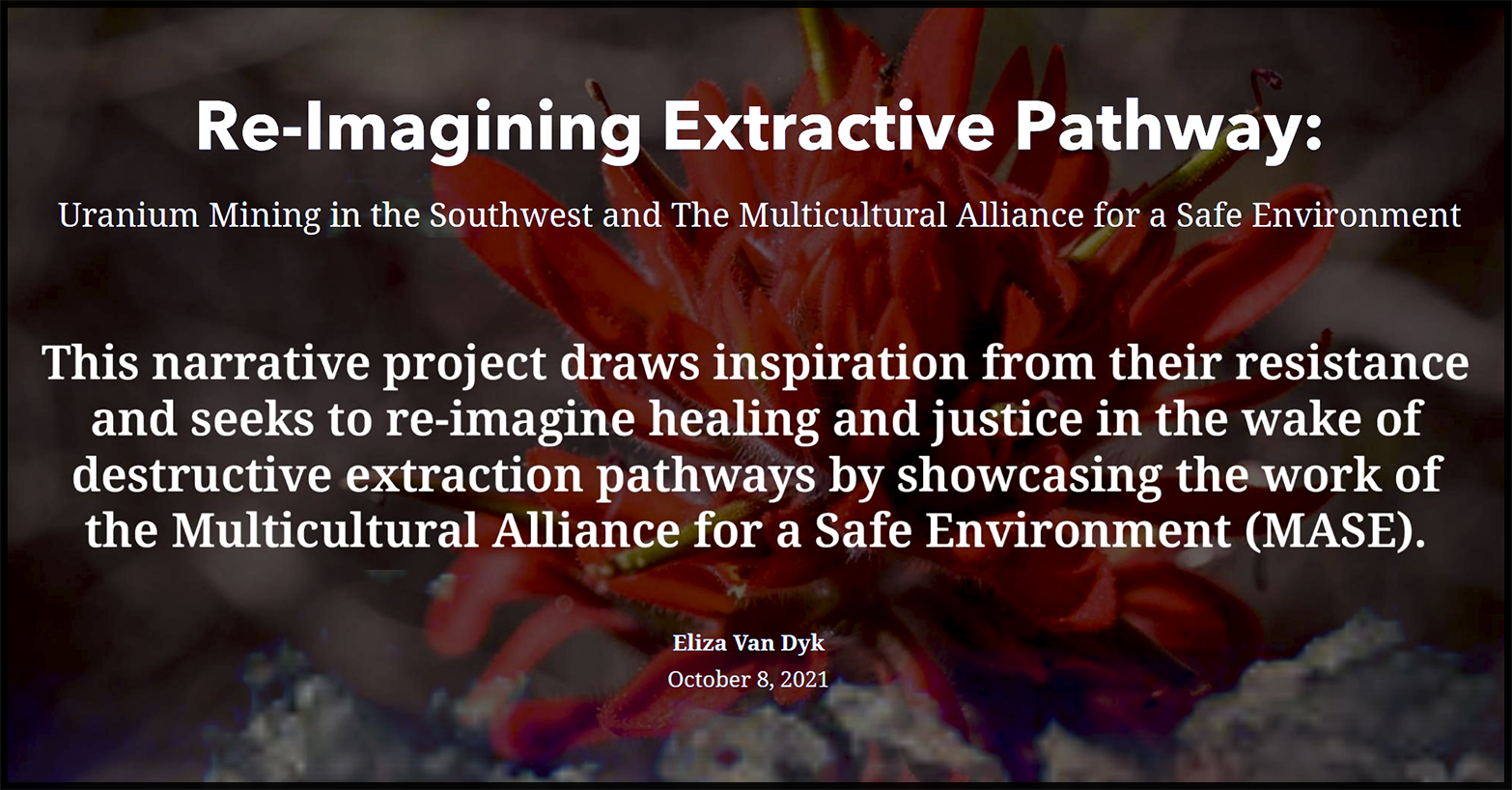Federal act doesn’t address RECA, but still is sending billions to NM
By Cathy Cook / Journal Staff Writer, The Alburquerque Journal | Dec 20, 2023

Chancey Bush/Journal
The National Defense Authorization Act passed both the House and the Senate last week and has been sent to President Joe Biden’s desk. The annual bill will authorize defense spending, including billions for national labs and millions for military institutions in New Mexico.
The bill failed to include an amendment that would have allowed New Mexicans downwind of nuclear testing to apply for compensation from the federal government for certain types of cancers through the existing Radiation Exposure Compensation Act, which is to sunset in June 2024.
Defense dollars headed to NM
The National Nuclear Security Administration is to receive $24 billion, which will include funding for Sandia National Labs. The Sandia Labs funding supports system integration, engineering and science programs. The NNSA will also get $782 million for advanced simulation and computing efforts in its Stockpile Stewardship Program, which is supposed to create realistic simulations to understand how the nuclear stockpile would behave without the need for explosive testing.
Los Alamos will get $1.79 billion for ongoing research and development. The money will help pay for personnel and equipment.
The NDAA also authorizes $276 million for environmental cleanup at Sandia and Los Alamos.
The Waste Isolation Pilot Plant in Carlsbad will get $464 million, including $44.4 million to continue building more ventilation and $50 million for work on a utility shaft.
The NDAA authorizes $20.2 million for the Readiness Environmental Protection Integration Program, which helps protect testing and training missions from environmental issues like flooding, wildfires and drought. White Sands Missile Range, Cannon Air Force Base and Melrose Air Force Base all rely on the Department of Defense program.
The legislation includes $5.5 million for White Sands Missile Range to build a lab enclosure and operations and administration building for the High Energy Laser Systems Test Facility. The New Mexico Army National Guard is to receive $11 million to build a vehicle maintenance shop in Rio Rancho, and Cannon Air Force Base was authorized $5 million for a new fire station.
Military pay raise and Santa Fe graves
The final bill supports a 5.2% pay raise for military service members and Department of Defense civilian workers, expands eligibility for the basic needs allowance, makes investments in military housing and improves FMLA eligibility for federal employees.
The legislation repeals a provision from 1999 that allowed flat gravestones at the Santa Fe National Cemetery and requires a study of the cost of replacing the existing flat markers with uprights.
The bill also requires the National Nuclear Security Administration to report to Congress on alternative transportation approaches for Los Alamos personnel.
Disappointment for Downwinders
Despite bipartisan support in the Senate, House Republicans pulled an amendment from the legislation in early December that would have made New Mexicans downwind of nuclear testing eligible for federal compensation for the first time and would have expanded eligibility to uranium miners and mine workers who were working on uranium mines after 1971.
The existing program, RECA, offers compensation for certain types of cancer after radiation exposure related to uranium mines or nuclear testing.
The move to pull the amendment from legislation got pushback from New Mexico’s congressional delegation, state Attorney General Raúl Torrez and Santa Fe Archbishop John Wester.
Sen. Ben Ray Luján, D-N.M., spoke on the Senate floor in favor of the amendment last week.
“I plead and I urge with my colleagues that we find a way to do the right thing here,” Luján said, “that going forward, we find a path to get this done.”
New Mexico’s delegation has been discussing other options for pushing a RECA extension when budget negotiations begin again in mid-January, Rep. Melanie Stansbury in a press call last week.
“If we are able to get some kind of omnibus bill pulled together, we will push very hard to get some kind of RECA extension on to those bills. Now, every time we’ve tried to pass a real budget over the last 11 months, the Freedom Caucus of the GOP has caused everything to come to a grinding halt,” Stansbury said, which could make passing a RECA extension an uphill battle.
“I supported the final version of the bipartisan bill in spite of this disgraceful omission because it secures investments in our national defense and service members — including those serving throughout New Mexico,” Rep. Teresa Leger Fernandez, D-N.M., said in a statement.
Phil Harrison, a founding member of the Navajo Uranium Radiation Victims Committee, said that groups advocating for compensation for New Mexico Downwinders and uranium miners are still working toward that goal. Members from three of those groups were to meet by Zoom Tuesday.
“We’re not giving up. We’re still going to go forward with our plans,” Harrison said. “We want our people, the radiation victims, we want them to be treated fairly.”
Harrison said that he thinks New Mexico’s congressional representatives might need to propose a stand-alone bill to push for compensation.






